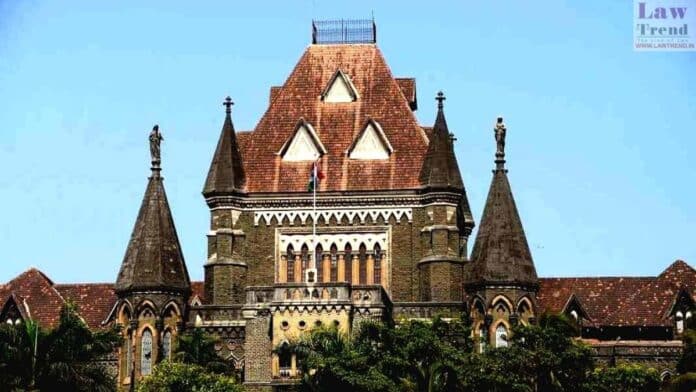In a proactive move to safeguard the ecological sanctuaries, the Bombay High Court initiated a public interest litigation (PIL) on Friday to ensure the conservation and preservation of wetlands across Maharashtra. The court’s decision aligns with a directive from the Supreme Court issued in December 2024, which called on all high courts in India to commence proceedings for the protection of these vital ecosystems, recognized under the Ramsar Convention as sites of international importance.
The division bench, led by Chief Justice D K Upadhyaya and Justice Amit Borkar, acted on the Supreme Court’s order which emphasizes the critical need for wetland protection. In response, the High Court issued notices to the Union Ministry of Environment and Forests (MoEF), the Maharashtra government, and the Maharashtra Wetlands Authority, signaling the start of a comprehensive legal and environmental review.
Senior counsel Janak Dwarkadas has been appointed as amicus curiae to provide expertise and assistance in the case, reflecting the complexity and significance of the issues involved. The matter is set for further discussion on February 25.
Maharashtra is home to three of India’s 85 Ramsar sites: Lonar Lake in Buldhana district, Nandur Madhameshwar in Nashik district, and Thane Creek. These wetlands not only support diverse wildlife but also play a crucial role in maintaining ecological balance and supporting local communities.
The initiative comes after a troubling observation by the Supreme Court that despite the increase in the number of wetlands from 2,01,503 in 2017 to 2,31,195 in 2021, as reported by the Indian Space Research Organisation (ISRO), there remains a significant discrepancy that needs on-ground verification. Furthermore, the court highlighted that the necessary ‘ground truthing’ – the process of verifying satellite data through physical inspection – has been largely neglected by the states, leading to potential mismanagement and risk to these habitats.




